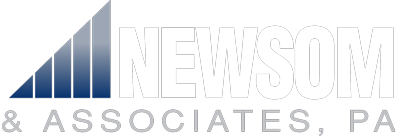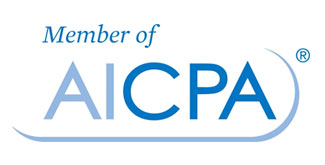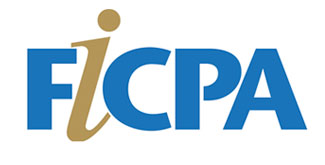On August 8,2018, the IRS released proposed regulations on Code Sec. 199A, one of the major tax breaks enacted as part of the Tax Cuts and Jobs Act of 2017. We are composing a synopsis of these qualifications to inform the public of this deduction. Our articles are only a brief summary there are many technical issues related to this law. Please read these articles in light of this limitation.
Qualified Trade or Business
The Code Sec. 199A deduction is calculated, in part, on the qualified business income amount for each qualified trade or business carried on by the taxpayer. Code Sec. 199A(d)(1) defines a “qualified trade or business” as any trade or business other than a specified service trade or business (SSTB), or the trade or business of performing services as an employee. However, as discussed below, there is an exception for an SSTB where the taxpayer’s income is below a threshold amount.
Trade or Business Requirement
In order to be a qualified trade or business, an activity must rise to the level of being a trade or business. Neither Code Sec. 199A nor the legislative history provides a definition of “trade or business” for purposes of Code Sec. 199A.
In the preamble to the proposed regulations, the IRS said that it agreed with practitioners who commented that the definition of a “trade or business” under Code Sec. 162 provided the most appropriate definition for purposes of Code Sec. 199A. The IRS noted that the definition of a trade or business under Code Sec. 162 is derived from a large body of existing case law and administrative guidance interpreting the meaning of trade or business in the context of a broad range of industries. Thus, the IRS said, using the definition of a trade or business under Code Sec. 162 in Prop. Reg. Sec. 1.199A-1 provides for administrable rules that are appropriate for the purposes of Code Sec. 199A and which taxpayers have experience applying.
Definition of a Specified Service Trade or Business (SSTB)
The term “specified trade or business” means any trade or business involving the performance of services in one or more of the following fields. Remember that these industries or business types are not a qualified business for this deduction:
- health;
- law;
- accounting;
- actuarial science;
- performing arts;
- consulting;
- athletics;
- financial services;
- brokerage services;
- investing and investment management;
- trading;
- dealing in securities, partnership interests, or commodities; or
- any trade or business where the principal asset of such trade or business is the reputation or skill of one or more of its employees or owners.
The proposed regulations spell out what types of activities constitute the performance of services in the various fields of a trade or business that is classified as an SSTB.
De Minimis Test
While Code Sec. 199A does not have a de minimis test for businesses qualifying as an SSTB, the IRS decided to incorporate one into the proposed regulations. The proposed regulations provide a de minimis rule under which a trade or business will not be considered an SSTB merely because it provides a small amount of services in a specified service activity. Under Prop. Reg. Sec. 1.199A-5(c)(1), a trade or business (determined before applying the aggregation rules in Prop. Reg. Sec. 1.199A-4) is not an SSTB if the trade or business has gross receipts of $25 million or less in a tax year and less than 10 percent of the gross receipts of the trade or business is attributable to the performance of services in an SSTB. For trades or business with gross receipts greater than $25 million in a tax year, a trade or business is not an SSTB if less than 5 percent of the gross receipts of the trade or business are attributable to the performance of services in an SSTB.
SSTBs Include a Trade or Business with Common Ownership
The IRS noted that some taxpayers have contemplated a strategy to separate out parts of what otherwise would be an integrated SSTB, such as the administrative functions, in an attempt to qualify those separated parts for the Code Sec. 199A deduction. According to the IRS, such a strategy is inconsistent with the purpose of Code Sec. 199A. Therefore, in accordance with Code Sec. 199A(f)(4), in order to carry out the purposes of Code Sec. 199A, Prop. Reg. 1.199A-5(c)(2) provides that an SSTB includes any trade or business with 50 percent or more common ownership (directly or indirectly) that provides 80 percent or more of its property or services to an SSTB. Additionally, if a trade or business has 50 percent or more common ownership with an SSTB, to the extent that the trade or business provides property or services to the commonly-owned SSTB, the portion of the property or services provided to the SSTB will be treated as an SSTB (meaning the income will be treated as income from an SSTB).
Additionally, Prop. Reg. Sec. 1.199A-5 provides a rule that if a trade or business (that would not otherwise be treated as an SSTB) has 50 percent or more common ownership with an SSTB and shared expenses, including wages or overhead expenses with the SSTB, it is treated as incidental to an SSTB and, therefore, as an SSTB, if the trade or business represents no more than 5 percent of gross receipts of the combined business.


